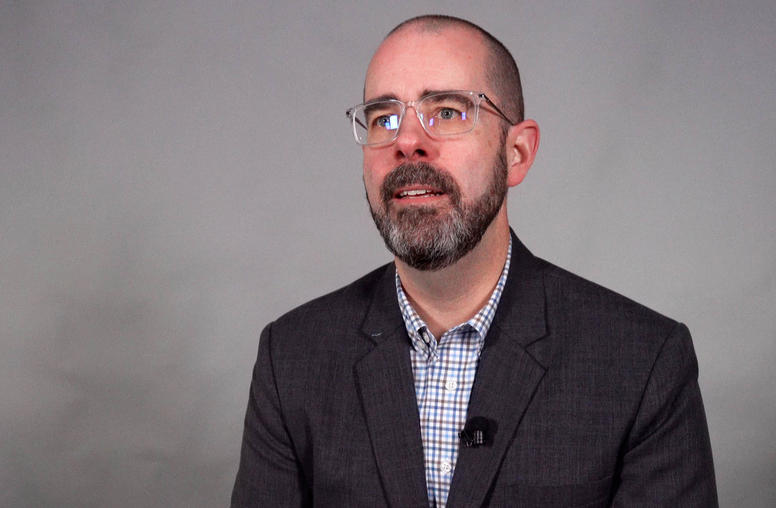Women and Islam
On June 17, the United States Institute of Peace and Women in International Security (WIIS) will cosponsor a special roundtable on women and Islam. Chaired by Institute Education Program Director and WIIS Executive Board Member Pamela Aall and moderated by Richard Kauzlarich, director of the Institute's Special Initiative on the Muslim World, the roundtable discussion will feature perspectives from a panel of experts on the role women are playing in Islamic societies around the globe.
Speakers
- Pamela Aall (chair) is director of the Education Program at the U.S. Institute of Peace and a member of the Executive Board of Women In International Security (WIIS).
- Amina Rasul-Bernardo is a research fellow with the Sycip Policy Center at the Asian Institute of Management in the Philippines, and a senior fellow at the U.S. Institute of Peace. She is an expert on minority representation and democratic participation in the Philippines, focusing on the Muslim insurgency in Mindanao. She has a distinguished record of public service in the fields of business and finance. In 1994-98, she served as presidential adviser on youth affairs, and as chair and CEO of the National Youth Commission. In 1990-98, she directed the National Commission on the Role of Women. She holds an M.B.A. from the Asian Institute of Management in the Philippines and an M.P.A. from Harvard University.
- Nasreen Mustafa Sideek was born in Baghdad and became a political prisoner at age fourteen. Fleeing Iraq in the wake of the failed Kurdish uprising in 1991, she returned there to work for the United Nations High Commission for Refugees, and became head of the United Nations Center for Human Settlements (Habitat) field office in 1997. In 1999, she was appointed minister of reconstruction and development of the Kurdistan Regional Government. She holds a B.S. from the University of Baghdad and an M.P.A. from Harvard University.
- Nayereh Tohidi is an associate professor of women's studies at California State University, Northridge, and teaches in the areas of sociology of gender, women studies, Islam and democracy. Presently, she is a research scholar at the Kennan Institute of the Woodrow Wilson International Center for Scholars and is working on a book about democratization, gender and Islam in post-Soviet Azerbaijan. She runs a weekly radio program on "Women and Society in Iran" that is broadcast to Iran, Europe and Central Asia. She holds a Ph.D. from the University of Illinois, Urbana-Champaign.
- Richard D. Kauzlarich, Moderator
Kauzlarich is director of the Special Initiative on the Muslim World at the U.S. Institute of Peace. Kauzlarich joined the Institute after a thirty-two year career in the Foreign Service, during which he served as U.S. ambassador to Bosnia and Herzegovina in 1997-99, and Azerbaijan in 1994-97. Kauzlarich has held many high-level positions in the State Department, including senior deputy to the secretary's and the president's special representative to the newly independent states, deputy assistant secretary of state for European affairs, deputy assistant secretary of state for international organization affairs, and deputy director of the Policy Planning Staff.
Archived Audio
To listen to audio or to view video, please click on the links provided below. You also can right click on the links and choose "Save Target As" or "Download Linked File." This will save the file to your computer and then allow you to play it in your media player directly.
- Opening Remarks and Ms. Tohidi's Remarks
Running Time - 32 in • 7M Download - Ms. Rasul-Bernardo's Remarks
Running Time - 16 min • 4M Download - Ms. Sideek's Remarks
Running Time - 20 min • 5M Download - Q&A Session
Running Time 44 min • 10M Download



